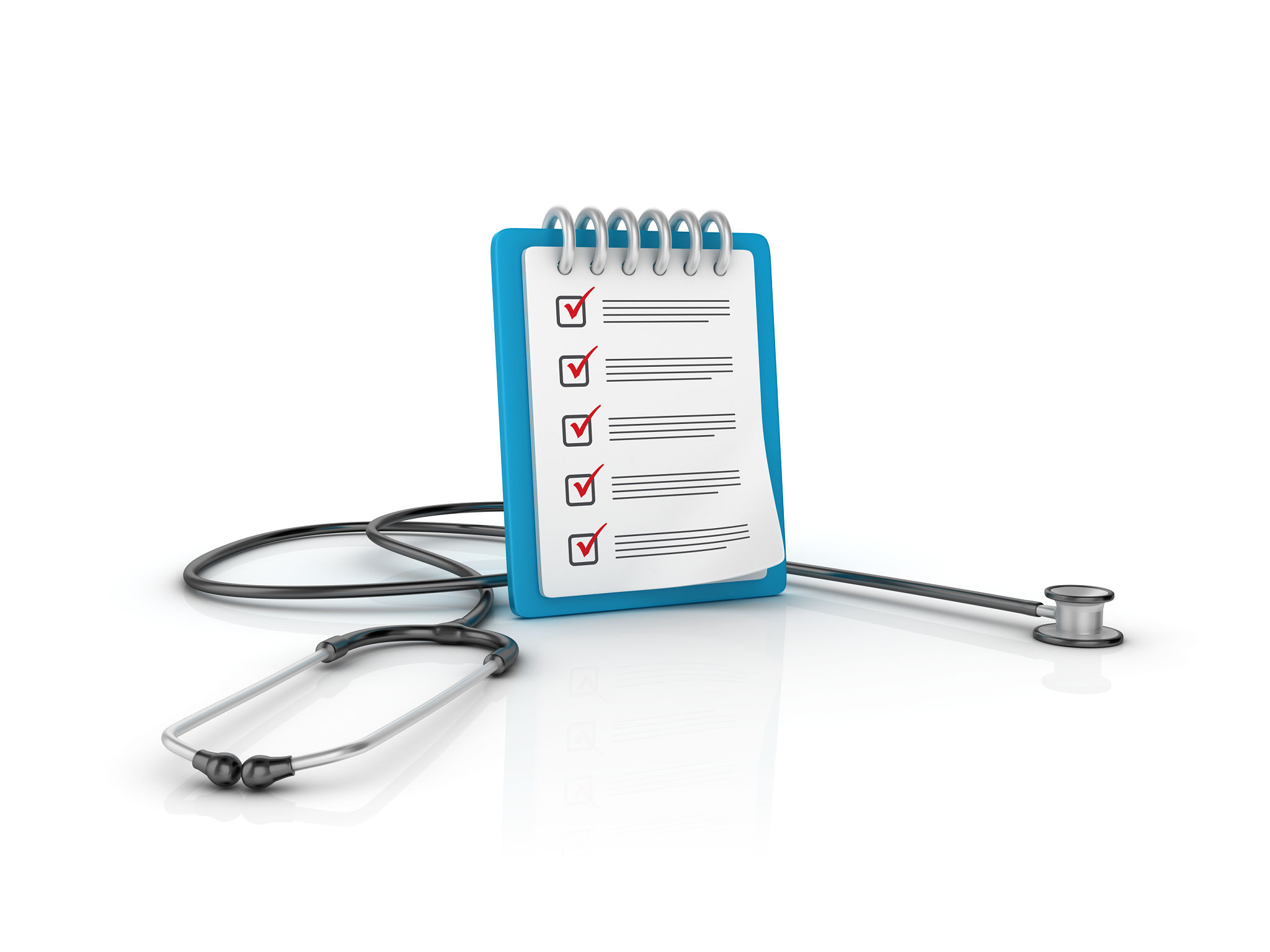The Importance of HIPAA Compliance in Medical Answering Services
Understanding HIPAA Compliance
The Health Insurance Portability and Accountability Act (HIPAA) is a critical piece of legislation that governs the privacy and security of patient information. In the context of medical answering services, HIPAA compliance ensures that sensitive patient data is handled with the utmost care, protecting it from breaches and unauthorized access. This compliance is not just a legal requirement but a vital component in maintaining patient trust.
Medical answering services play a crucial role in healthcare operations, serving as a bridge between patients and healthcare providers. These services often handle sensitive information, including patient names, medical conditions, and treatment details. Therefore, adhering to HIPAA standards is essential to safeguarding this data.

The Risks of Non-Compliance
Failing to comply with HIPAA regulations can have severe consequences for medical answering services. Organizations may face substantial fines, legal action, and reputational damage. More importantly, non-compliance can lead to the unauthorized disclosure of patient information, compromising patient privacy and trust.
To mitigate these risks, medical answering services must implement robust security measures. This includes using encrypted communication channels, secure data storage solutions, and comprehensive employee training programs focused on HIPAA regulations.

Key Elements of HIPAA Compliance
Ensuring HIPAA compliance involves several key elements that medical answering services should incorporate into their operations:
- Privacy Rule: This rule sets the standard for the protection of individually identifiable health information.
- Security Rule: It outlines the necessary safeguards to protect electronic health information.
- Breach Notification Rule: Requires covered entities to notify patients when their information has been compromised.
By adhering to these rules, medical answering services can significantly reduce the risk of data breaches and enhance their overall security posture.

The Role of Training and Technology
Employee training is a cornerstone of HIPAA compliance. All staff members should be educated on the importance of protecting patient information and trained on the latest security protocols. Regular training sessions ensure that employees remain informed about any updates in HIPAA regulations and best practices.
In addition to training, leveraging technology is crucial for maintaining compliance. Advanced software solutions can automate compliance checks, monitor for potential breaches, and ensure that all communications are encrypted and secure.
Building Patient Trust
Ultimately, HIPAA compliance is about more than just avoiding fines and legal issues; it's about building trust with patients. When patients know their information is handled with care and confidentiality, they are more likely to engage openly with healthcare providers, leading to better health outcomes.
Medical answering services that prioritize HIPAA compliance demonstrate their commitment to patient privacy and ethical practices, fostering long-term relationships with both patients and healthcare professionals.

Conclusion
The importance of HIPAA compliance in medical answering services cannot be overstated. By implementing stringent security measures, investing in employee training, and utilizing advanced technology, these services can protect sensitive patient information and maintain trust within the healthcare community.
As the healthcare landscape continues to evolve, staying informed about HIPAA regulations and compliance practices will remain a top priority for any organization handling patient data.
